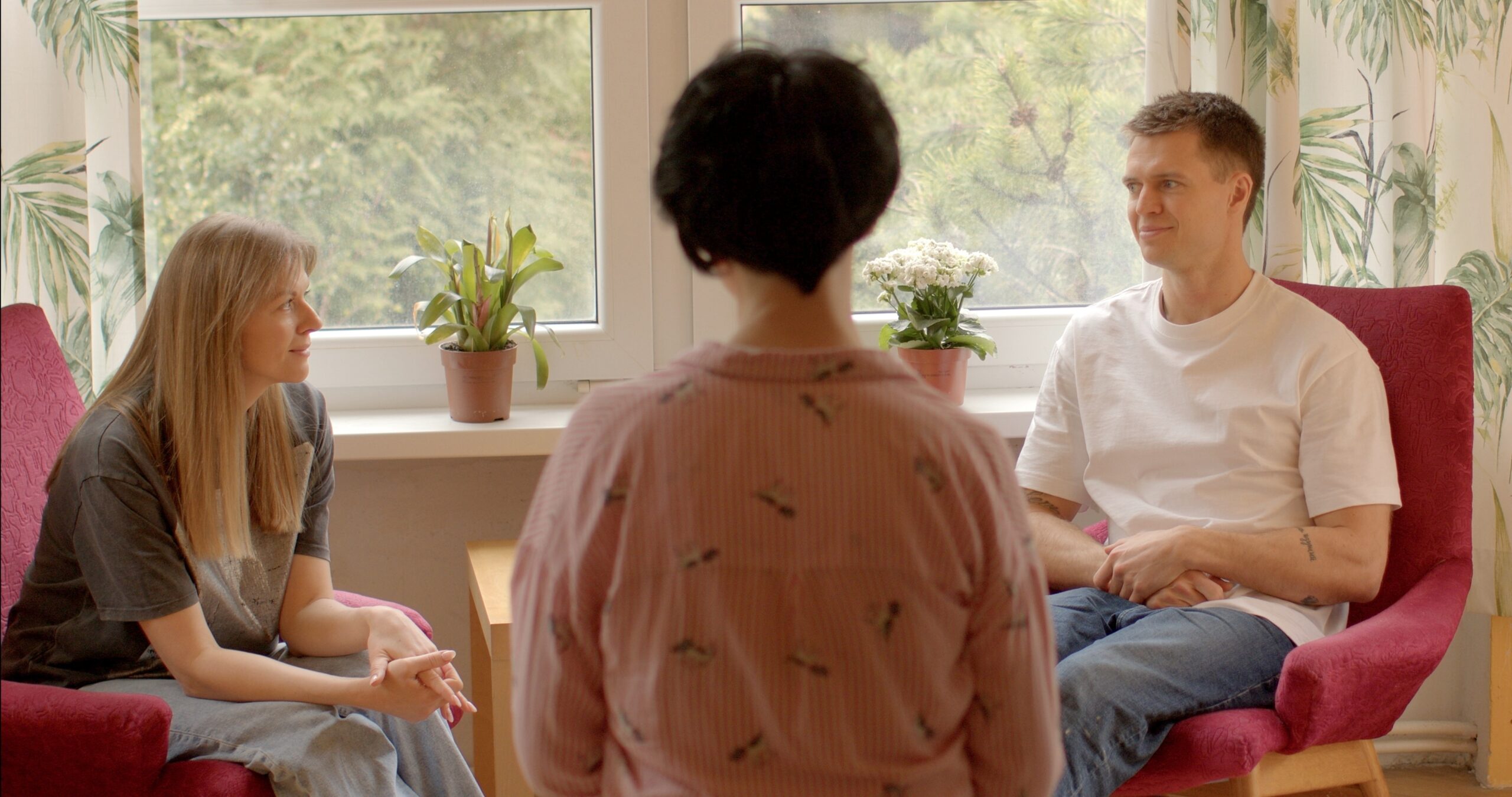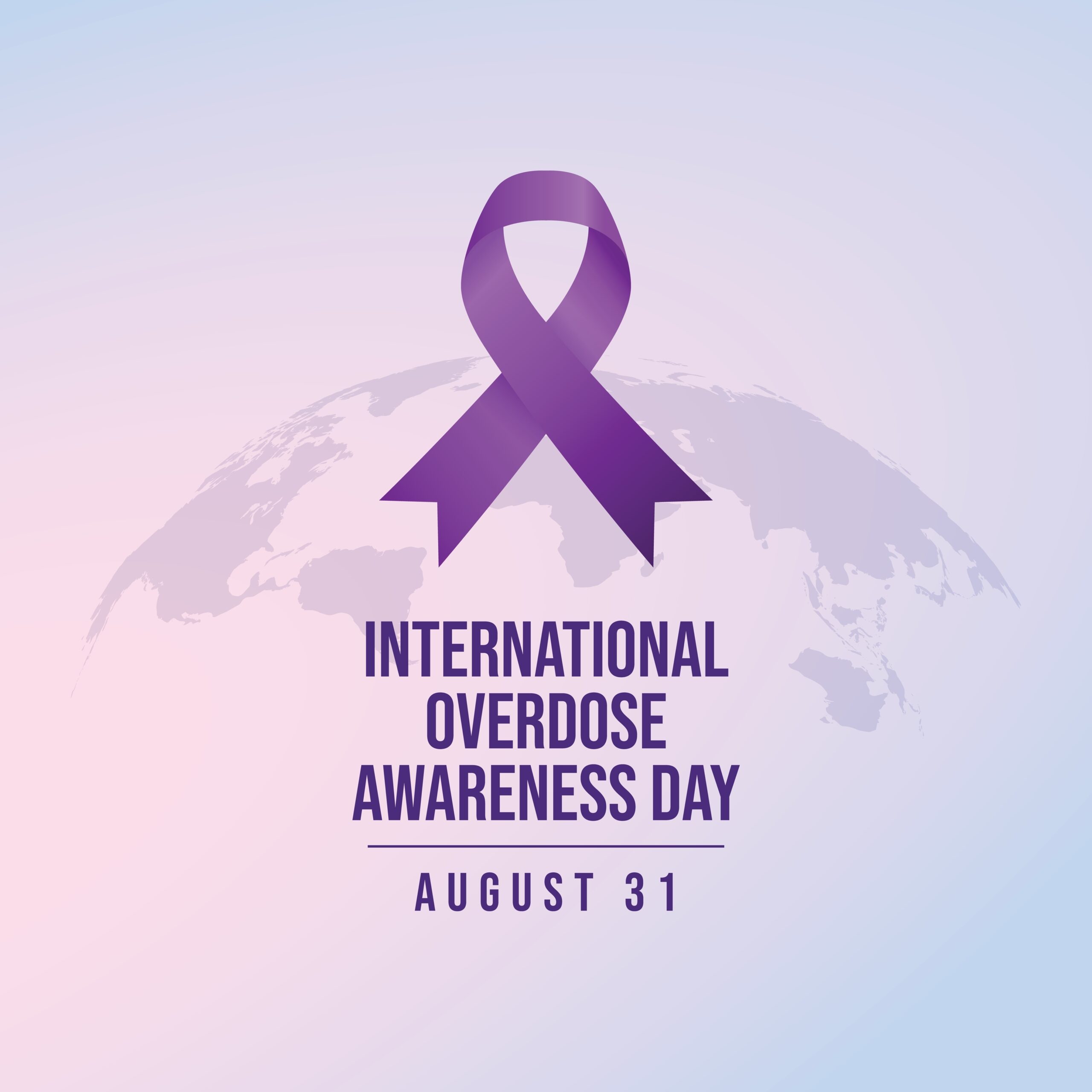Substance use can cast a long shadow over individuals and their loved ones, often leading to devastating consequences if left unaddressed. At Aspire Recovery, we understand the profound impact that early intervention can have on the trajectory of someone’s life when they are struggling with substance use. We firmly believe that recognizing the signs and taking decisive action early on can significantly increase the chances of successful substance use recovery.
Now, let’s explore the critical importance of addressing substance use at its initial stages, how to identify the indicators of a problem, and the steps involved in orchestrating a supportive intervention. We will also delve into how Aspire Recovery can provide the crucial support and guidance needed for those seeking help through our dedicated substance use treatment programs.
Benefits of Addressing Substance Use Early
The benefits of early intervention in substance use cases are profound and far-reaching. When we act swiftly, we are not just addressing a problem; we are preventing a crisis from escalating. Consider the ripple effect that untreated substance use can have, from physical health deterioration to strained relationships, financial ruin, and legal troubles. The sooner we intervene, the more we can mitigate these potential harms.
A Stronger Recovery
One of the most significant advantages of early intervention is the increased likelihood of successful substance use recovery. When individuals are caught in the early stages of a problem, their brain chemistry and physical health may not have sustained irreversible damage. This means that therapeutic interventions and substance use treatment strategies are often more effective, as the individual may still retain a stronger sense of self and a greater capacity for change. We can work with them to develop healthier coping mechanisms before deeply ingrained patterns of behavior become even harder to break.
Keeping Relationships Alive
Early intervention also allows for the preservation of relationships. Substance use can erode trust, create conflict, and alienate loved ones. By stepping in early, families have a better chance of healing and rebuilding connections before they are completely severed. This support system is invaluable during the substance use recovery journey. Imagine a family where open communication and mutual support are still largely intact, this provides a much more fertile ground for healing than a family fractured by years of untreated addiction.
Avoiding Worse Addictions
Furthermore, addressing substance use early can prevent the escalation to more severe forms of addiction. What might start as recreational use can quickly spiral into dependence and addiction, requiring more intensive and prolonged substance use treatment. By intervening before this progression, we can help individuals avoid the painful and often traumatic experiences associated with severe addiction. It’s akin to catching a small fire before it becomes an uncontrollable blaze; the sooner it’s contained, the less damage it will cause.
Fewer Resources
Finally, early intervention often means fewer resources are required in the long run. Intensive inpatient substance use treatment programs are often necessary for severe addiction, but early intervention might allow for outpatient care or less intensive forms of therapy. This not only eases the financial burden but also allows individuals to maintain more of their daily lives, including work or school, while receiving help. The focus of our substance use treatment centers is to provide the right level of care for each individual, and early intervention often means a less disruptive path to healing.
Recognizing the Signs of Substance Use
Identifying the signs of substance use can be challenging, as individuals often go to great lengths to conceal their struggles. However, there are common behavioral, physical, and psychological indicators that, when observed together, can suggest a problem. It’s important to remember that these signs are not definitive proof of substance use, but rather red flags that warrant further attention and a compassionate conversation.
Behavior
Behavioral changes are often among the first noticeable signs. We might observe a sudden shift in someone’s routine or priorities. This could include a decline in performance at work or school, increased absenteeism, or a loss of interest in hobbies and activities they once enjoyed. Secretive behavior, such as unexplained disappearances, lying about whereabouts, or being defensive when questioned, can also be indicators of substance use. Financial problems, like unexplained debt or requests for money, can also arise as the cost of obtaining substances mounts. We often see individuals neglecting their responsibilities, such as household chores or childcare, as their focus shifts increasingly towards obtaining and using substances.
Physical Signs
Physical signs can also become apparent as substance use progresses. These can vary depending on the substance, but common indicators include changes in appearance such as sudden weight loss or gain, poor hygiene, or an unkempt appearance. We might notice dilated or constricted pupils, bloodshot eyes, or a glassy stare. Slurred speech, unsteady gait, and tremors can also be physical manifestations. Repeated nosebleeds, track marks on arms or legs (from injection drug use), or unexplained bruises are more severe physical signs that require immediate attention. Someone might also experience frequent illnesses, fatigue, or a general decline in their physical health.
Psychological and Emotional Shifts
We might observe mood swings, increased irritability, anxiety, or depression. Someone struggling with substance use may become withdrawn, isolated, or exhibit unpredictable behavior. Paranoia, hallucinations, or delusions can occur in more severe cases or with certain substances. A person might seem disoriented, confused, or have difficulty concentrating. A noticeable decrease in self-esteem or an increase in feelings of guilt and shame can also be present.
It’s crucial to approach these observations with empathy and a desire to help, rather than judgment. Open communication, without accusations, is key. If you notice a combination of these signs, it’s a strong indication that professional help, perhaps through one of our substance use treatment centers, might be needed. Our substance use treatment programs are designed to address the underlying issues contributing to these behaviors.
How To Do an Intervention for Substance Use
Once we recognize the signs of substance use and understand the urgent need for intervention, the next step is to plan and execute an intervention. An intervention is a carefully planned process by which concerned family members and friends confront a person struggling with substance use in a structured and supportive environment. The goal is to help the individual recognize the severity of their problem and encourage them to seek professional substance use treatment. This is a delicate process that often benefits from the guidance of a professional interventionist.
The Group
The first step is to assemble a core group of concerned individuals. This group should consist of people who genuinely care about the individual and are willing to participate constructively. This might include family members, close friends, or even colleagues. It’s vital that everyone in the group is on the same page and committed to the goal of helping the individual enter substance use recovery.
The Expert
Next, we strongly recommend consulting with a professional interventionist. An interventionist is an experienced professional who can guide the group through the entire process, from planning to execution and follow-up. They can help set clear boundaries, manage emotions during the intervention, and provide valuable insights into navigating the complexities of substance use. They are also skilled at helping the individual understand the options available for substance use treatment.
Written Statements
Each participant should prepare a written statement. These statements should express love and concern, describe specific instances where the individual’s substance use has negatively impacted them, and clearly state the consequences if the individual refuses help. It’s crucial to focus on how the behavior affects others, rather than making accusatory statements about the individual themselves. For example, instead of saying, “You’re ruining your life,” we might say, “When you don’t show up for family gatherings, it makes us feel worried and sad.” These statements should be heartfelt, non-judgmental, and focused on the desire for the individual to seek substance use treatment.
The Environment
The intervention itself should be conducted in a private, calm, and supportive environment. During the intervention, each participant will read their prepared statement. The professional interventionist, if present, will facilitate the conversation, keeping it focused and ensuring everyone has an opportunity to speak. The goal is not to shame or blame, but to present a united front of love and concern, clearly outlining the immediate need for substance use treatment.
A Treatment Plan
Crucially, the intervention must include a clear plan for substance use treatment. This means having specific options lined up, such as enrollment in one of our substance use treatment programs or immediate admission to a substance use treatment center. The individual needs to know that there is a tangible path forward, not just a demand for change. The group should also establish clear boundaries and consequences if the individual refuses to seek help. These consequences must be communicated clearly and followed through consistently. For example, a consequence might be that family members will no longer provide financial support or will not allow the individual to live in their home if they continue to use substances. This is not about punishment, but about protecting the well-being of the family and encouraging the individual to take responsibility for their substance use recovery.
After the intervention, ongoing support is vital. Whether the individual accepts help or not, the family will likely need support as well. Family therapy and support groups can be invaluable in navigating the aftermath and continuing to foster a healthy environment. Remember, the intervention is a beginning, not an end, to the substance use recovery journey.
Aspire Recovery Can Help | Early Intervention and Recovery
The journey to substance use recovery often begins with a single, courageous step: early intervention. At Aspire Recovery Center of Frisco, we are deeply committed to providing exceptional care for individuals and families affected by substance use and co-occurring mental health disorders. We understand the courage it takes to confront a problem, and we are here to support you every step of the way, especially when it comes to early intervention and fostering lasting substance use recovery.
Our Intensive Outpatient Treatment Programs are specifically designed to promote healing, recovery, and personal growth. We offer a holistic approach to substance use treatment, addressing not only the addiction itself but also the underlying issues that contribute to it. Our team of experienced and compassionate professionals includes therapists, counselors, and medical staff who are dedicated to providing individualized care. We believe that effective substance use treatment is not a one-size-fits-all solution, which is why we tailor our programs to meet the unique needs of each client.
Once an individual is ready to engage in substance use treatment, we offer a range of services designed for support. Our group sessions provide a safe and supportive space where individuals can connect with peers who are facing similar challenges, share experiences, and learn from one another. These sessions are facilitated by our skilled therapists and focus on developing coping strategies, building life skills, and fostering a sense of community crucial for substance use recovery. We also offer individual therapy, where clients can explore personal issues in a confidential setting and develop personalized substance use treatment plans.
Our Approach
Our substance use treatment centers are built on a foundation of empathy, respect, and clinical excellence. We utilize evidence-based therapies, such as Cognitive Behavioral Therapy (CBT) and Dialectical Behavior Therapy (DBT), to equip our clients with the tools they need to manage cravings, identify triggers, and prevent relapse. We also integrate family therapy into our substance use treatment programs, recognizing that addiction impacts the entire family unit. By involving families in the healing process, we help to rebuild trust and create a supportive environment for long-term substance use recovery.
Located in Frisco, Texas, we are easily accessible to individuals and families seeking high-quality substance use treatment. We understand that taking the first step can be daunting, but we want you to know that you don’t have to face this alone. We are here to offer hope, guidance, and effective substance use treatment programs that lead to lasting change. Whether you are a patient seeking help, a therapist looking for resources, or a doctor referring a patient, we are ready to collaborate to achieve the best possible outcomes in substance use recovery.
If you or a loved one is struggling with substance use, please don’t wait. Early intervention can make all the difference. Contact Aspire Recovery Center of Frisco today to learn more about our substance use treatment programs, intervention support, and how we can help you or your loved one embark on a journey towards a healthier, happier life. Our compassionate team is ready to answer your questions and guide you through the process. Reach out now to take that vital first step towards substance use recovery.













